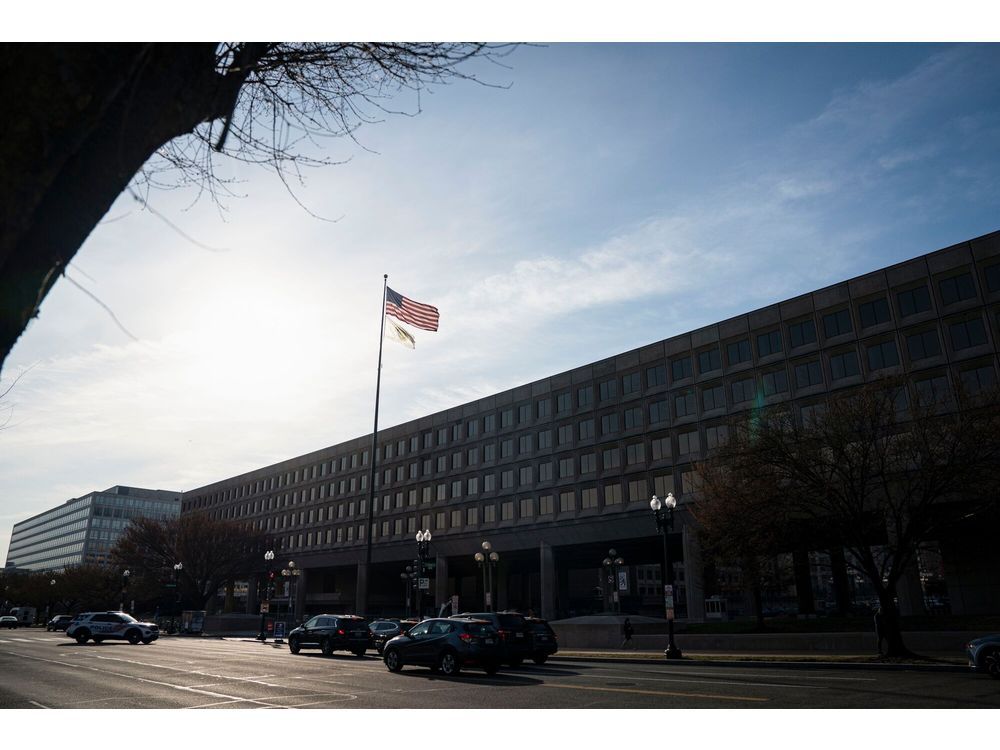In today’s world, understanding economic depression is crucial. This period can affect everyone’s daily life, from job availability to the cost of goods. Many people may feel uncertain about their financial future during such times.
By learning more about economic depression, individuals can be better prepared and make smarter decisions.
What is an Economic Depression
An economic depression is a long period where the economy struggles a lot. This usually means the country’s economy shrinks, as shown by a drop in the gross domestic product (GDP).
Many people lose their jobs, and there are higher levels of poverty and homelessness. The stock market also falls sharply, and many individuals and businesses go bankrupt.
While there is no exact definition, signs include more than a 10% drop in GDP, around 20% unemployment, and a downturn lasting over a year or two.
Main Reasons for Economic Depression
There are several possible reasons for an economic depression, and it’s usually a mix of factors that lead to such a big drop. – some of the main reasons for an economic depression include
- High Unemployment
When many people lose their jobs, they have less money to spend. This can hurt the economy because businesses make less money and might have to close or lay off more workers, leading to even higher unemployment.
- Decreased Consumer Spending
If people are worried about their money, they tend to spend less. This drop in spending means fewer sales for businesses, which can lead to layoffs and closures. Less consumer spending slows down the whole economy.
- Business Failures
Many businesses closing their doors can create a domino effect. When businesses fail, people lose jobs, suppliers lose customers, and the overall economic activity decreases. This adds to the economic downturn.
- Stock Market Crash
A big drop in stock prices can cause panic and loss of wealth. People and businesses may cut back on spending and investment, further hurting the economy. A stock market crash can also make it harder for companies to raise money.
- Bank Failures
If banks fail, people and businesses lose their savings and access to credit. Without loans, it becomes hard to buy homes, start businesses, or invest in opportunities.
Bank failures can freeze up important financial activities, worsening the depression.
- Reduced International Trade
When countries stop trading as much with each other, economies suffer.
Businesses lose out on selling their products abroad, and people miss out on cheaper goods from other countries. Reduced trade limits growth and can deepen an economic depression.
Difference Between Recession and Depression
People often confuse recession with depression, but they are two different things.
A recession is a short-term economic downturn that typically lasts a few months to a year – during a recession, the economy slows down, leading to job losses and reduced spending.
Depression is much more severe and prolonged, lasting several years. In a depression, the economy shrinks significantly, unemployment rates soar, and many businesses fail.
While recessions are part of regular economic cycles, depressions are rare and cause widespread hardship.
How to Prepare for an Economic Depression
While it’s hard to predict when an economic depression will occur, some steps can be taken to prepare for one.
- Build an emergency fund – Having savings set aside can help cushion the blow of a job loss or business failure.
- Pay off debt – During a depression, it may be harder to make payments on debt. Paying off debt before a depression hits can help reduce financial stress.
- Diversify your investments – Investing in a variety of assets can help protect your wealth during an economic downturn.
- Cut back on unnecessary expenses – During a depression, it’s important to prioritize necessary expenses and cut back on non-essential ones.
- Develop new skills – During a depression, jobs become scarce, and competition increases. Developing new skills can make you more marketable in the job market.
Conclusion
Understanding economic depression is essential for recognizing its impacts and preparing for tough times. By knowing the main reasons and how it differs from a recession, people and businesses can take steps to protect themselves. Learning from the past can help create strategies to weather economic downturns. With a little bit of preparation, individuals and businesses can better tackle an economic depression.
Further questions
What's your question? Ask it in the discussion forum
Have an answer to the questions below? Post it here or in the forum




